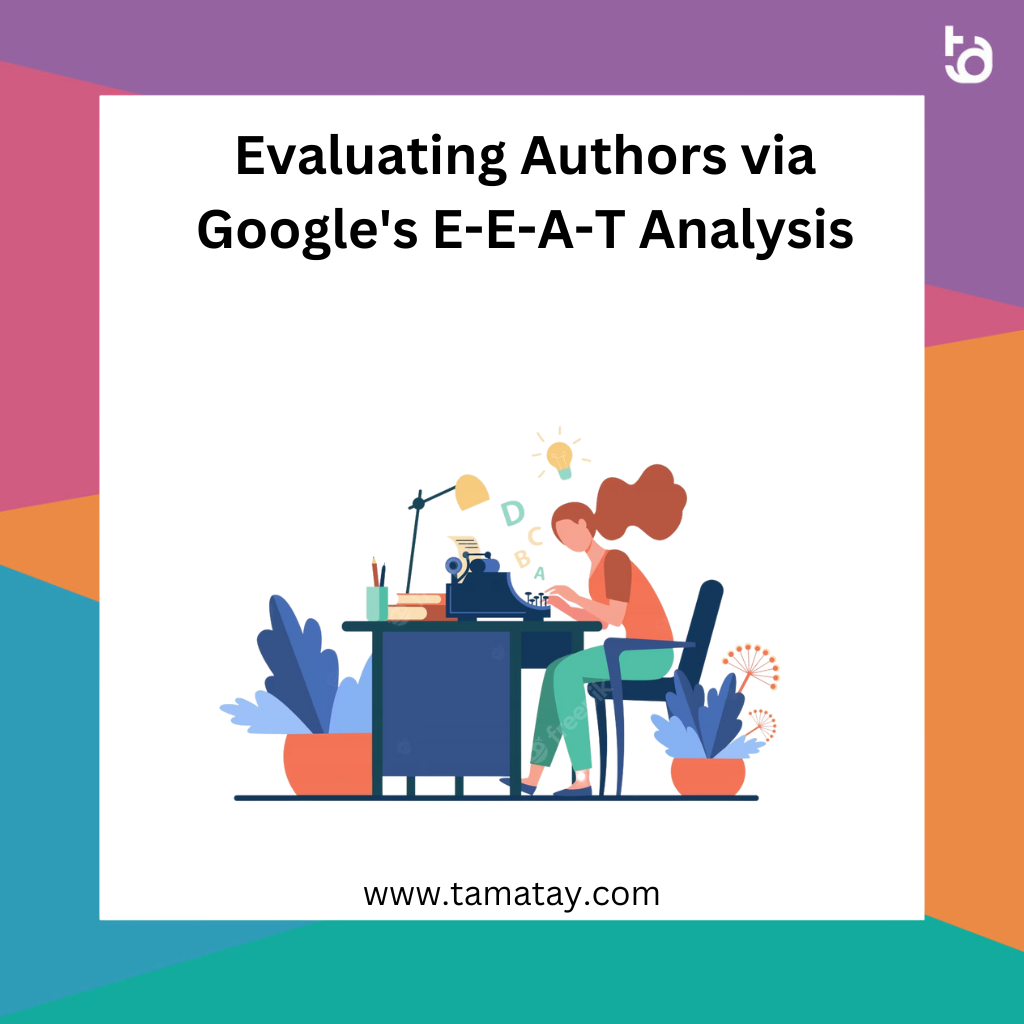Introduction
Google’s E-A-T (Expertise, Authoritativeness, and Trustworthiness) is an important factor in determining the quality of content that is found on its search engine. Here we explore how Google is using E-A-T to evaluate authors and determine their ability to create content that will be valuable to readers. We will discuss the process Google uses to identify and evaluate authors, as well as some tips for authors to ensure they stand out in Google’s assessment.
What is E-A-T?
E-A-T stands for Expertise, Authority, and Trustworthiness, and is Google’s system for assessing the quality of content available on its search engine. It is made up of three parts:
• Expertise: Google looks for expertise in a particular subject, which means authors must be knowledgeable in the area that they are writing about. This includes having a wide range of subjects and topics covered, as well as having a well-researched and accurate knowledge base.
• Authority: Authority is important to Google, as it looks for authors who have the authority and credibility to write on their chosen subjects. This includes having a strong presence on other sites and platforms, such as social media sites, industry blogs, and websites.
• Trustworthiness: One of the most important aspects of E-A-T is trustworthiness. Google assesses an author’s trustworthiness by looking at the content they have written in the past, and how it has performed with readers. Google also looks at any awards or recognition the author has won in their subject areas, as well as any citations from reliable sources.
How Does Google Identify and Evaluate Authors?
Google uses a variety of methods to identify and evaluate authors, including:
• Analyzing Content: Google looks for authors who produce quality content that is both accurate and informative. The content should be well-researched and include factual information that is up to date. This is especially important for authors who write in a specific niche, as content should be tailored to that niche, rather than general topics.
• Analyzing the Author’s Profile: Google also evaluates an author on the basis of their profile. This includes taking into account any awards or recognition the author has received in the past, as well as any citations from reliable sources. In addition, it looks at any profile links the author may have, as well as the author’s experience and skills.
• Analyzing the Author’s Network: Google assesses the author’s network by looking at the number of individuals they are connected to, as well as any reviews and recommendations they may have received from those individuals. This helps Google determine the level of trustworthiness and authority the author has in their chosen subject.
• Analyzing User Engagement: Google also looks at the user engagement an author’s content receives. This includes looking at the number of likes, shares, and comments, as well as the amount of time users spend on the content. This helps Google to determine if the content is of a high enough quality to be placed in the search engine.
Tips For Authors
• Create Quality Content: Quality content is key, and authors should ensure that they are creating content that is both informative and accurate. The content should be well-researched and include factual information that is up to date.
• Ensure Your Network is Quality: A quality network is important for authors, as it helps to build authority and trustworthiness. Google looks at who authors are connected to, as well as any reviews and recommendations they may have received from those individuals, so it is important for authors to ensure that their network is of high quality.
• Engage with Your Audience: User engagement is also important for authors. This includes interacting with their audience and responding to questions, comments, and feedback, as well as producing content that is engaging, interesting, and relevant. This will help to keep readers interested, and will boost author’s trustworthiness in Google’s eyes.
Conclusion
E-A-T (Expertise, Authority, and Trustworthiness) is an important component of Google’s search engine, and it is used to evaluate authors and determine their ability to create content that is of a high quality. In order to stand out in the eyes of Google, authors should ensure they are creating quality content, have a quality network, and engage with their readers. By doing this, authors can ensure their content is of a high quality and will be found by readers on Google’s search engine.







